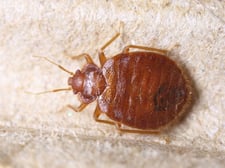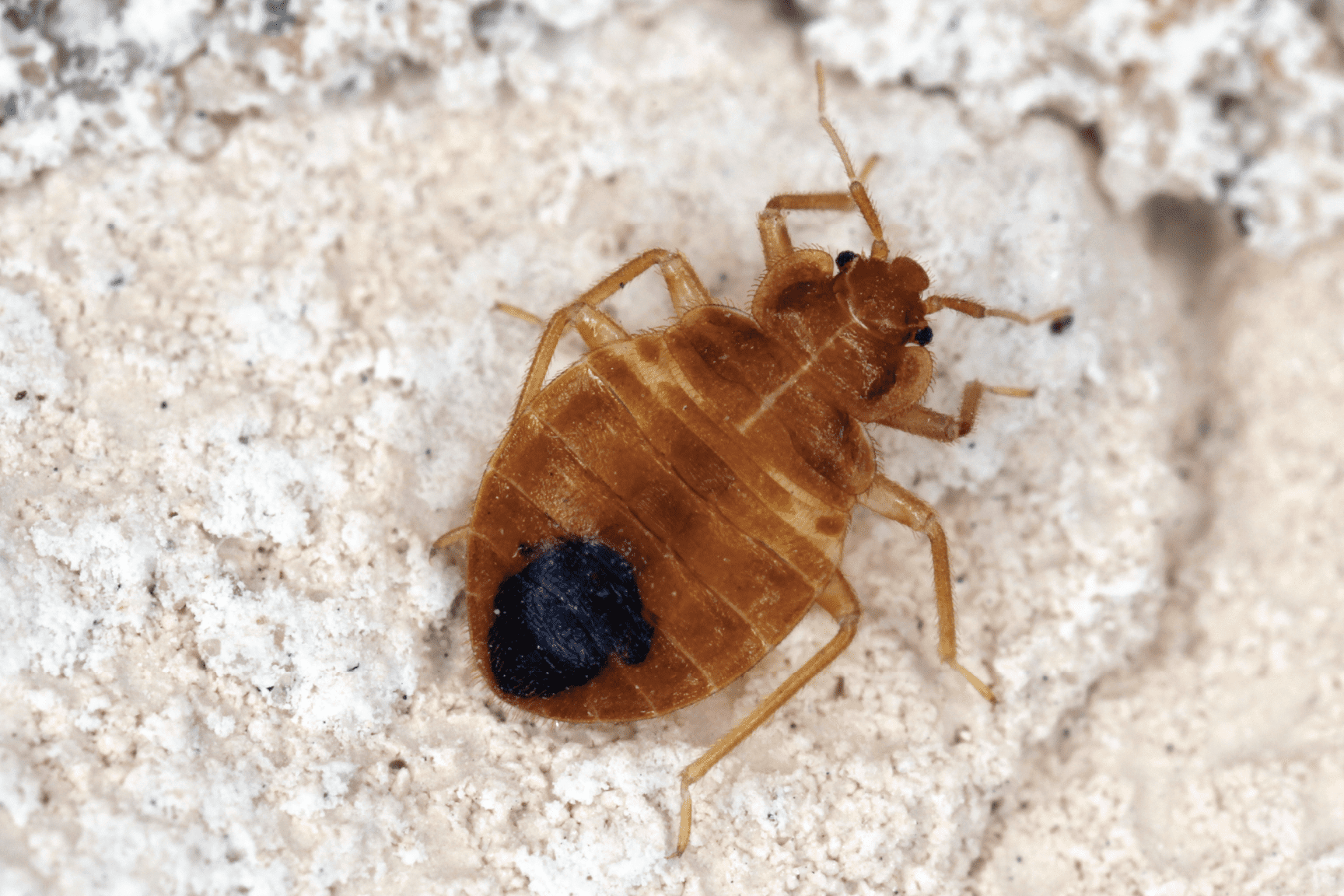Kings Bed Pest Exterminator Cincinnati: Pro Bug Solutions
Kings Bed Pest Exterminator Cincinnati: Pro Bug Solutions
Blog Article
A Break Down of the Different Sorts Of Insect Control Solutions
In the realm of pest control, a wide variety of approaches exist to address and battle the visibility of undesirable animals. From the conventional use chemical pesticides to a lot more cutting-edge organic control solutions, each approach provides distinct advantages and restrictions. As we browse via the varied landscape of pest control services, comprehending the details of each technique becomes extremely important in determining the most effective strategy. Keep tuned as we discover the nuanced globe of parasite control strategies and discover just how each kind plays an unique role in securing our atmospheres.
Chemical Pesticides
Chemical chemicals are frequently utilized in insect control to effectively remove a large variety of insects and other bugs. These chemicals work by targeting the nerve system of the bugs, disrupting their regular features, and ultimately leading to their death. The usage of chemical pesticides has been a staple in the parasite control market for years because of their efficiency and fast results.

Nonetheless, it is vital to utilize chemical pesticides with caution because of their prospective dangerous impacts on the environment and non-target types. Improper application or overuse of these pesticides can lead to pollution, harm to useful bugs, and resistance advancement in pest populations. It is important to follow safety standards and guidelines when utilizing chemical pesticides for insect control.
Biological Control Methods
Taking into consideration the possible environmental influences and dangers associated with chemical pesticides, organic control methods supply a more lasting method to taking care of bug populations. Organic control involves using natural opponents, such as killers, parasites, and virus, to subdue parasite populations. This approach is typically more targeted, impacting only the specific insect varieties while reducing injury to advantageous bugs, human beings, and the environment.

As soon as established, all-natural opponents can assist control pest populaces constantly without the demand for repeated applications of chemicals. Furthermore, organic control is typically more economical and can help decrease pesticide resistance in parasite populations over time.

Mechanical Parasite Control
Mechanical insect control includes the physical manipulation or removal of insects to handle their populaces properly. This method is frequently utilized combined with various other parasite control strategies for comprehensive pest administration. One typical instance of mechanical bug control is making use of catches to record rats or pests. These catches can be established up in critical locations where insects are understood to dwell, assisting to decrease their numbers.
One more mechanical method is the use of barriers such as screens, webs, or fences to obstruct bugs from going into particular areas. By literally protecting against bugs from accessing a place, the likelihood of problems or damages can be substantially decreased. link Additionally, manual methods like handpicking bugs off structures or plants can be reliable for smaller-scale invasions.
While mechanical parasite control techniques can be labor-intensive, they provide a non-chemical choice that can be eco-friendly and lasting. By targeting pests straight, mechanical control techniques can aid keep parasite populaces in check without counting on pesticides.
All-natural Treatments
Making use of natural solutions for insect control offers a green and sustainable technique to managing bug populations without turning to chemical treatments. Natural treatments involve utilizing materials originated from plants, minerals, or other normally occurring sources to hinder or eliminate bugs. Growing particular natural herbs like basil, mint, or lavender around your home can drive away insects due to their strong fragrances. Diatomaceous planet, a powder made from fossilized algae, can be made use of to combat insects like ants, cockroaches, and bed insects by dehydrating their exoskeletons.
In addition, essential oils such as tea tree oil or neem oil have insecticidal buildings that can properly regulate parasites while being safe for the environment. Another natural remedy is presenting beneficial pests like ladybugs or hoping mantises to your yard to victimize dangerous insects. By integrating these natural services into insect management approaches, individuals can lower their dependence on synthetic chemicals and advertise a much healthier, a lot more balanced ecosystem.
Integrated Parasite Management
Integrated Pest Monitoring (IPM) is a thorough technique that combines numerous methods to efficiently control pest populaces while reducing risks to human wellness and the atmosphere. IPM entails the combination of multiple parasite control techniques such as biological control, environment manipulation, alteration of cultural techniques, and making use of immune crop selections. By using a mix of these methods, IPM aims to lower reliance on chemical pesticides, which can have adverse impacts on ecosystems and human health and wellness.
One key element of IPM is the focus on prevention. By applying steps to stop insect problems before they take place, such as maintaining appropriate sanitation and sealing entrance factors, the need for responsive bug control measures is lessened. Surveillance and regular assessments play an important duty in IPM, enabling early discovery of parasite issues and timely treatment.
Verdict
In conclusion, the various types of parasite control remedies provide a range of options for effectively managing parasite problems. Organic control techniques utilize all-natural killers to manage insects. Integrated Pest Management incorporates numerous methods for a holistic strategy to pest what's the best termite treatment control.
Chemical chemicals are generally utilized in insect control to effectively remove a large variety of insects and various other insects.Mechanical parasite control includes the physical manipulation or elimination of bugs to manage their populaces efficiently (Kings pest you can try these out control Cincinnati).Making use of natural solutions for bug control offers a environmentally friendly and lasting strategy to handling parasite populations without resorting to chemical treatments.Integrated Insect Monitoring (IPM) is an extensive strategy that combines different strategies to successfully regulate pest populations while decreasing risks to human health and wellness and the setting.In conclusion, the different kinds of pest control options supply a range of choices for properly managing insect invasions
Report this page